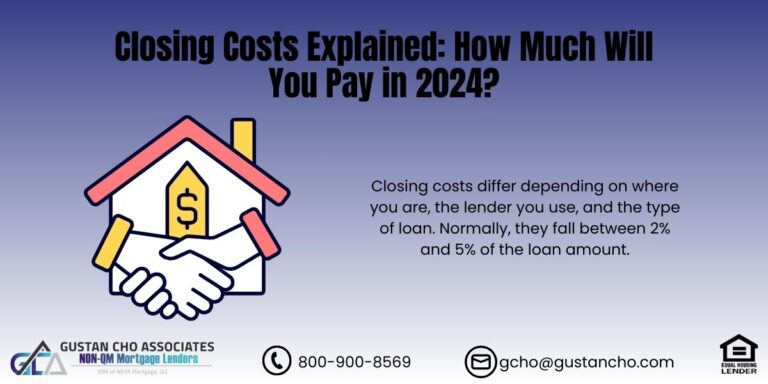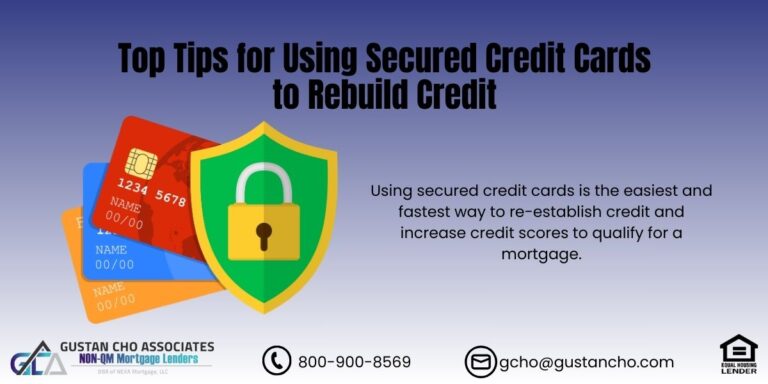Charge-Offs and Collection Accounts Mortgage Guidelines
In this blog, we will discuss and cover charge-offs and collection accounts mortgage guidelines. You do not have to pay outstanding charge-offs and collection accounts to qualify for FHA, VA, USDA, and conventional loans. Charge-offs are debts that a creditor has tried collecting by consumers and eventually deemed it an uncollectible debt and has charged it off on their books.
Credit Card companies and other revolving debt creditors normally charge off debt after 120 days. It is then removed from their accounting balance sheet. Charged-Offs have a balance stated on the consumer credit report. It may have the verbiage charge off the account and/or profit and loss. In the following paragraphs, we will cover and discuss qualifying for a mortgage with charge-offs and collection accounts.
Can I Qualify For An FHA Loan with Outstanding Collections and Charge-Offs?
Regardless, borrowers can get FHA loans approved with outstanding charged-off accounts without having to pay the outstanding collection balance off.
VA does not require borrowers to pay outstanding and/or charge-off accounts. Fannie Mae and Freddie Mac do not require borrowers to qualify for charge-offs and collection accounts to qualify for owner-occupant primary residence conventional loans. In this article, we will cover and discuss qualifying for a mortgage with outstanding collections and charged-off accounts.
How Do Charge-Offs Work?
Charge Offs is when a creditor deems a debt not collectible and writes it off on their books. Just because a consumer is charged off on a debt does not relieve them from paying the debt. Many creditors will sell their charged-off accounts to third-party collection agencies for pennies on the dollar. The good news is that home buyers can qualify for a mortgage with outstanding charged-off accounts and collection accounts. Most creditors consider delinquent debts as charge-offs after four to six months.
Derogatory Credit Tradelines on Credit Reports
Creditors figure if the debtor has not made any attempt in paying their debt in six months, they will have no intention of paying it in the future. Creditors do not want it on their balance sheet as an asset. Charge-offs are reported on a person’s credit report as charge-offs and/or profit and loss. It will remain on the person’s credit report for a period of 7 years from the date of the last activity, which is the date of the last payment. All derogatory credit information remains on all three consumer credit reports for seven years from the date of last activity (DLA) with the exception of Chapter 7 Bankruptcy. Chapter 7 Bankruptcy remains on consumer credit reports for ten years from the filing date.
Charge-Offs Sold To Third-Party Collection Agencies

A creditor can sell charge-offs to a third-party collection agency for pennies on the dollar. The third-party collection agency can try to collect on the charge-offs at full face value plus interest and fees. The creditor and/or collection agency also can try to sue consumers in court and have a judgment issued. However, most charge-off accounts do not go through the court system. This is because suing consumers will cost them money in attorneys and court costs.
How Charge-Offs Affect Credit And Mortgage Approval Process
Recent charge-offs will definitely plummet credit scores and might affect consumers in getting new credit. However, as time passes, charge-offs will have less and less impact on credit scores. Charged-off debts that have been aged more than two years will not have any impact on credit scores. Charge-offs will remain on the credit report for a period of seven years. After the seven years are up, the charge-offs will be deleted from credit reports. Homebuyers can qualify for home loans with outstanding charged-off accounts.
Charge-Off and Collections Guidelines on Government and Conventional Loans
FHA, VA, USDA, FANNIE MAE, and FREDDIE MAC do not require that charged-off accounts be paid. Borrowers who have charge-offs and outstanding collections and need a mortgage broker licensed in 48 states with no mortgage overlays to qualify for a mortgage, please contact us at Non-QM Mortgage Lenders at 800-900-8569. Text us for a faster response. Or email us at gcho@gustancho.com.
Statute Of Limitations And Charge-Off Accounts
Technically, even if you have charge-off accounts, you still owe that debt until the statute of limitations runs out. The statute of limitation on charge-off accounts depends on the state consumers reside in. But the statute of limitations on charge-off debts in most states is 5 years. Aged charged-off accounts have no impact on you getting a home buyer a mortgage loan approval. Recent charge-offs that are less than a year can create a problem. But any charge-off accounts of a year or older is fine when it comes to qualifying for a mortgage. A letter of explanation is required.
Qualifying For Mortgage With Charge-Off And Collections
Most mortgage lenders will have borrowers pay outstanding charge-off and collection accounts. However, HUD Guidelines, VA Guidelines, and even Fannie Mae and/or Freddie Mac do not require borrowers to pay outstanding charge-off and collection accounts to qualify for mortgage loans. If a bank and/or lender tells borrowers that charge-off and collections need to be paid off, then that lender has overlays on charge-off accounts and collection accounts.
Borrowers who have less than perfect credit and outstanding charge-offs and collection accounts and need a mortgage broker licensed in 48 states with no overlays, please contact Non-QM Mortgage Lenders at 800-900-8569 or text us for a faster response. Or email us at gcho@gustancho.com. The team at Non-QM Mortgage Lenders is available 7 days a week, evenings, weekends, and holidays.







